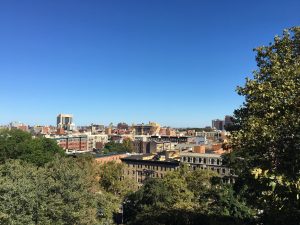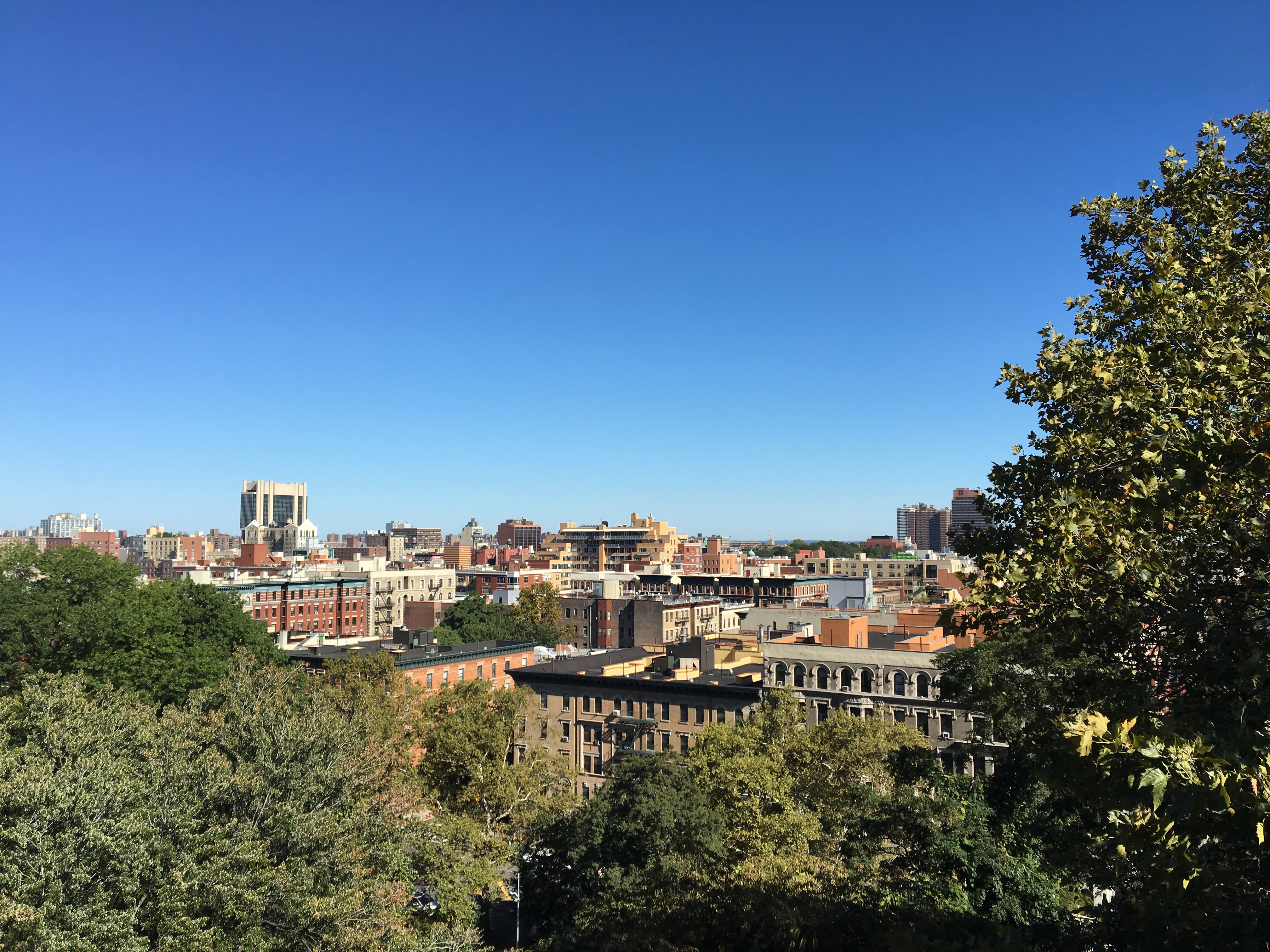Ten minutes into my first seminar discussion at Columbia, I decided that I was done with grad school. I had enjoyed the book we read and was not prepared to pick it apart at a level of detail I couldn’t even remember. I calmed myself down and went almost the rest of the semester before declaring that I would finish my degree and leave academia with what remained of my dignity intact. Again, I calmed myself. I was more satisfied with my performance during the spring semester and I’m happy to say that I’m not going back by choice and not because I feel like I failed.
Still, I learned a lot of lessons the hard way in the last year. This week, I’ve compiled some of them in a list of things I wish I had known about grad school before I got started. By no means do I want to imply that these conclusions should be considered universal. I can speak even less to the particular challenges facing new PhD students. Still, I hope it provides a starting point for someone who, like me, knew less than they wanted to when they left home for an MA program.

Grad school is intellectually disorienting.
Several of my other points could probably fit under this one. At Columbia, the caliber of class discussions made my head spin as I struggled to follow my colleagues’ points. It was not easy to feel confident about adding anything to the conversation. Grad school was disorienting in other ways, too. Columbia literally looks down on the capital of the world from its perch on Morning Heights. I saw three heads-of-state speak as well as dozens of top scholars from around the world. I had classes with people who had worked for the UN and major NGOs for years prior to returning for their degree. It’s easy to lose yourself in the mystique of reputation and prestige even if you feel like an outsider to it. By Easter, I decided to take an unplanned weekend home just to reground myself with family and familiar surroundings. It helped.
Learn to be comfortable with imposter syndrome.
I knew this in advance, but it still hits hard. When it comes to an MA program at a top school, it is an honor, a privilege, and a nightmare to be surrounded by such brilliant faculty and PhD students. Last year, there were often times I was convinced that I had somehow duped Gettysburg’s faculty into thinking I was worthy of being recommended to Columbia and that I would be unable to convince Columbia’s faculty of the same. Eventually, I convinced myself that I had also duped Columbia’s faculty, at which point the illusion of imposter syndrome became harder to sustain. After all, who was I to argue with them, especially if I was an imposter?
Find professors you don’t feel you have to be perfect around.
One of the most exhausting things about grad school is the sense that you can’t show a single sign of weakness, especially around faculty members. It’s not their fault. They just happen to be the people who will be writing letters of recommendation that may determine the trajectory of the rest of your life. I found myself performing better academically and professionally while working with faculty members who did not have a direct bearing on the course of my study. They became the mentors and confidants who made the greatest impact on me and my personal growth.
Be prepared to pay more than sticker price.
That’s true in the sense that mandatory hidden fees end up stacking up, but I also mean it in the sense of the opportunity cost for interpersonal growth. When class discussions are the extent of your human interaction each week, you may find something missing in your life. Grad school isn’t the vibrant, social environment of college. I knew that going in, but I wasn’t prepared for the extent to which it would affect me. For an introvert like myself, there was never a question of getting out and going to bars and nightclubs in New York. I need casual and comfortable settings like clubs and organizations to provide social contexts for making friends, and it’s hard to make time for all that as a grad student. Instead, I allowed the work to become all-consuming. I allowed it to make me irritable and isolated. I allowed it to skew my priorities. That’s a cost I wouldn’t have been willing to pay if I had foreseen it.
Stay tuned for part 2 of my list, coming soon.

2 replies on “Concerning Grad School: I Wish I Had Known (Part 1)”
Another tip for wrangling imposter syndrome: remind yourself that damn near everyone else is struggling with it too. Heck I wrestled with it during a 3 month internship at the Museum of Modern Art. Recognize that, at the end of the day, you are getting a degree at college in a program that you were accepted into on the same credentials as everyone else. That’s it. Columbia is a school. Your degree is a piece of paper. Your classmates and professors are people who have just as many insecurities as you do. And if you tell yourself that enough you start to believe it.
Well said.